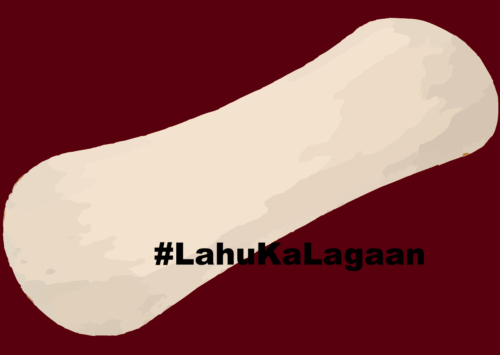Biodegradable sanitary napkins produced by women of Goa
In a country where menstruation is hardly spoken about; forget about discussing issues related with decomposition of sanitary napkins. However, women from ‘Saheli’ – a Self Help Group (SHG) in Goa, are changing the norms by manufacturing eco-friendly sanitary napkins to eliminate the harm caused by dumping them.
In India, an estimated 88 pc menstruating women have no access to sanitary napkins. Even for the privileged few who do have access, the item is considered a luxury; thanks to the taxes that go up to 14.5 pc.
Though concerns related to waste disposals in India are not alien to anyone, but as society becomes more urban, people are increasingly consuming disposable items, that cannot be recycled or reused – sanitary pads being one of them. The amount of plastic in these use-and-throw napkins makes them non-biodegradable.
To top the list, conservative and patriarchal Indian society makes it difficult for women to talk about menstrual hygiene and management in the country where sanitary pads are generally disposed with mixed waste or in dry waste bin.
However, ‘Saheli’ – a Self Help Group (SHG) in Pilgao village of Goa (west India) is manufacturing and selling eco-friendly sanitary pads. Along with three other women, Jayshree Parwar started producing these napkins at her home around two years ago, with all-out care to hygiene and sanitation. The all-women group manufactures around 50 packets in a day, each packet consisting eight pads costing less than a Euro!
The ‘Sakhi’ bio-degradable sanitary pads, are manufactured with pine wood paper, silicon paper, butter paper, non-woven paper and cotton and are free from all the potential allergies and irritation that artificial fibres in other pads may cause to the skin.
In India, women are often seen hiding the ‘rags’ they use during their periods, especially in villages, as ladies are subjected to unreasonable menstrual myths. However, against all odds, both private and government endeavours raise awareness; yet setting the Indian women free from these taboos seems a long way to go.













